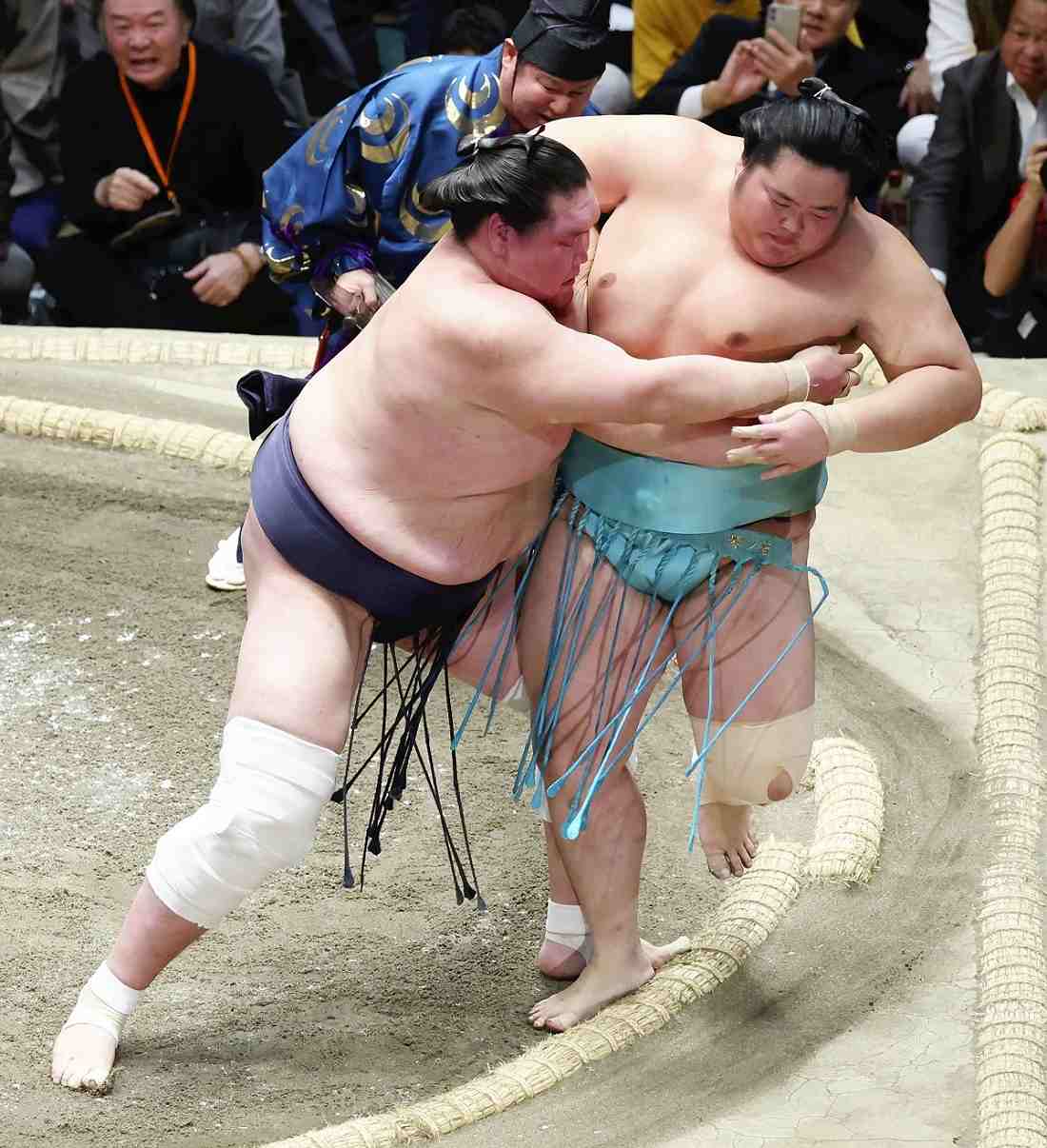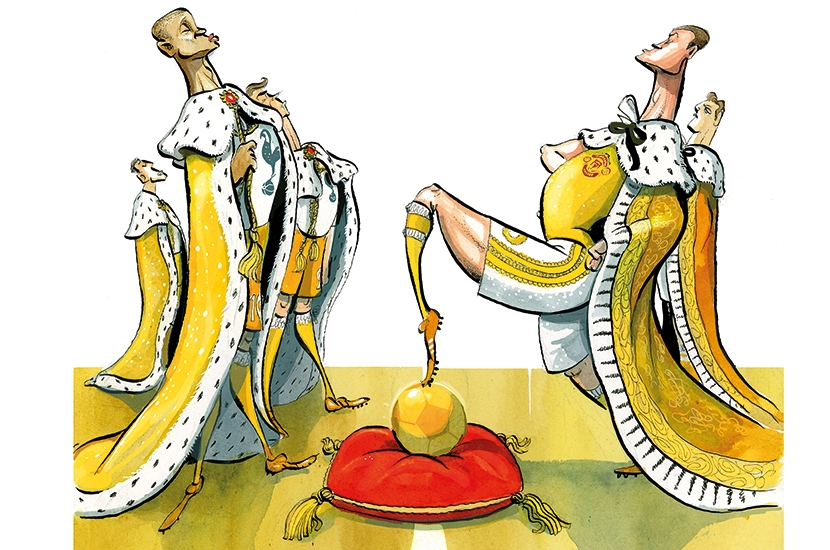I don't really know what's in the mind of people who applaud on a very special moment, the one in which someone dies?? Nowadays everything has to be "playful", there is no more room to silence and respect.
Please stop clapping at funerals

Ysenda Maxtone Graham has narrated this article for you to listen to.
The Happy Clappies – evangelical Christians who clap along to worship songs during church services – have been around since the 1980s. The slightly derogatory term was coined in 1985, and the practice is still going strong: you can hear it as you walk past any evangelical church on a Sunday morning. But in the past couple of years a new phenomenon has appeared: the Sad Clappies. These are the congregations who erupt into prolonged applause at funerals and memorial services.
It’s rare to go to a funeral or memorial service these days where clapping doesn’t happen. It usually starts after the first of the (often rather too many) tributes. The speaker (son, daughter, grandson, old school friend, business associate) steps down from the lectern, and where there used to be silence, which allowed their words to hang in the air, applause breaks out. The applause gates are opened. Clapping will now happen at the end of every subsequent tribute. And when the great-grandchild gets up to read out a passage from Winnie-the-Pooh, he or she will be swamped with applause too.
Some see this an excellent innovation, ‘striking a much-needed note of celebration’, as one funeral-goer I spoke to put it. The applause is partly for the speaker’s words, and partly for the deceased, so it’s heavily emotionally charged, cathartic applause, and the younger generation love it, as they feel a bit uncomfortable with the churchy solemnity and long for a lightening of the tone and a bit of participation. At the end of George Alagiah’s memorial service at St Martin-in-the-Fields last July, the Order of Service specifically invited everyone to clap. ‘A final round of applause for George; exactly one minute; cheering allowed.’ The applause ‘raised the roof’, according to the BBC’s account, and went on for far longer than a minute.
For the older generation, who relish the solemnity of silence and who were brought up never to clap in church – it is simply not done, along with eating an ice-cream while walking – this can be a tricky situation. They have no desire whatsoever to join in with the clapping during what is an act of worship, not an entertainment. But to sit there with hands on lap feels churlish. So they go for a variety of options, varying from total rigidity to a short bout of half-hearted, noiseless clapping while all around them are bashing their palms together, not sure when to stop, because no one is going to be returning to the platform for an encore.
We can trace the prevalence of this phenomenon via weddings and baptisms. It started at the moment when, in about 1982, the first vicar decided to say, at the heart of a wedding ceremony, ‘You may now kiss the bride’, and then, straight afterwards, ‘and let’s all give them a round of applause’.
To which some of us thought, first, ‘Can’t they wait?’ and then ‘Cringe’, and then, ‘It’s desecrating a sacrament – twice!’. Then it became common practice for vicars to instruct parents to parade their newly baptised baby round the church, so everyone could see it close-up and clap.
And then, if you watch the footage of Princess Diana’s funeral on 6 September 1997, you see the exact moment when applause at funerals came in from the cold. At the end of Charles Spencer’s defiant address, spontaneous applause erupted among the crowds on the street outside who’d seen it on screens. It was angrily agreeing, ‘That needed to be said’ applause, of the kind you hear on Question Time. And a few seconds later, the applause spread from the streets to the pews of the Abbey. And there they all were, the aristocrats, the politicians, the Great and the Good, suddenly clapping their heads off at a funeral.
It’s not a welcome innovation, according to two clergymen I spoke to who care about the vital difference between worship and entertainment. ‘Addresses and eulogies,’ said Bishop Humphrey Southern, principal of Cuddesdon theological college, ‘are aspects of the people’s offering to God, and so the only one appropriate to offer applause is surely the Almighty, I suggest. Although there is a sense of the dramatic and performative in worship, it is not either a play or a concert.’
‘Funeral applause,’ said Canon Bruce Ruddock, chaplain to the King, ‘is an example of the way in which funerals have become more secular, and of how mourners find it impossible to accept grief without something chummy attached to it. The church is compromising itself by soft-soaping everything in this way.’ And it is all too often the clergy themselves who are rather embarrassed by any kind of liturgical silence, and can’t resist puncturing it by inviting a nice, relaxing round of applause.
Is there any theological difference between a funeral and a memorial service, and might clapping be more acceptable at the latter? ‘A funeral is where you commend and commit someone to God,’ said Ruddock. ‘At a memorial service, you’re celebrating the life of the person – it’s purely and simply a thanksgiving. I can understand why people might like to clap, but I don’t like it. It intrudes on the solemnity and the general flow of the service.’
Last year, I went to a performance of Bach’s St Matthew Passion at which it was stipulated that there must be no applause at the end. It was incredibly powerful and moving. You left without the bubble being burst. Applause used to make an impact because it was refreshingly unexpected. Now, more and more, it’s silence that speaks loudest.































